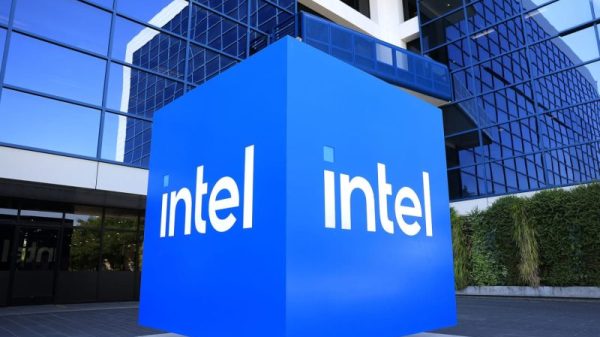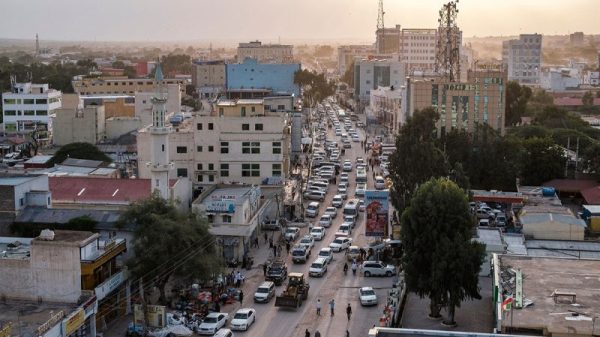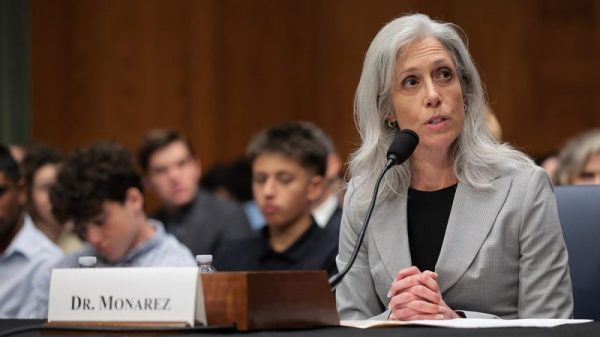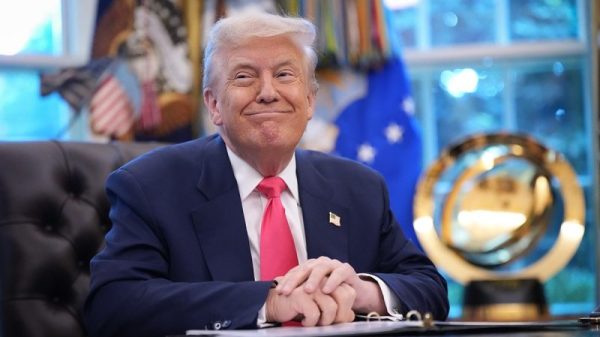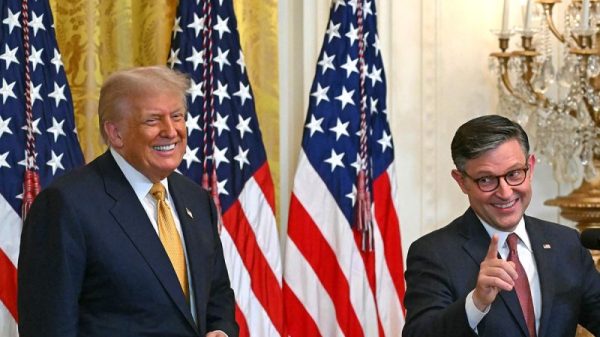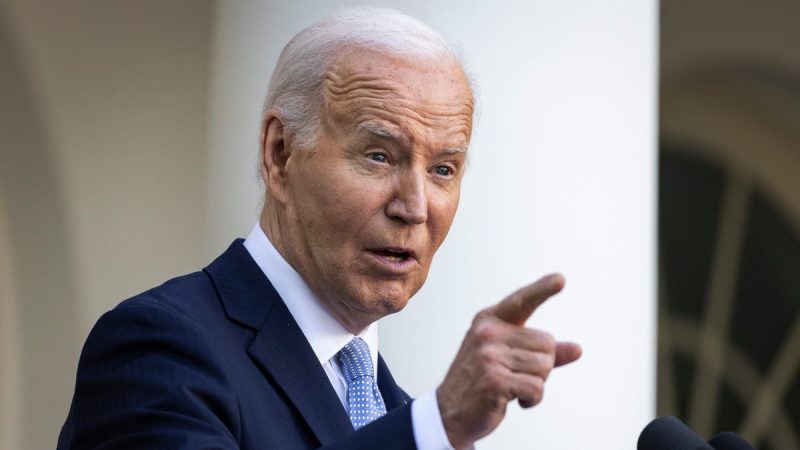The International Criminal Court (ICC) has reached a significant milestone, completing 20 years since its establishment. Despite being seen as a groundbreaking institution for global justice, questions linger about its effectiveness and impact over the past two decades. As the United States contemplates imposing sanctions on the court for its investigations into alleged war crimes in Afghanistan, the ICC finds itself at a critical juncture.
One of the key criticisms leveled against the ICC is its limited success in prosecuting high-profile cases. While the court has made strides in holding individuals accountable for serious crimes such as genocide, war crimes, and crimes against humanity, the conviction rate remains relatively low compared to the resources invested. Critics argue that the ICC has struggled to secure convictions in cases that would have a significant deterrent effect on potential perpetrators.
Furthermore, the uneven implementation of the court’s decisions by member states poses a significant challenge to its authority. Some countries, including major powers like the United States, have refused to recognize the ICC’s jurisdiction and have actively sought to undermine its work. This lack of universal support weakens the credibility and effectiveness of the court in delivering justice on a global scale.
The issue of funding also looms large over the ICC’s operations. Despite receiving significant financial backing from member states, the court still faces budgetary constraints that hinder its ability to carry out investigations and trials effectively. The ICC’s reliance on voluntary contributions from states further complicates its financial stability, leading to uncertainties about its long-term sustainability.
Moreover, the ICC’s focus on Africa has drawn criticism for alleged bias and selective justice. The disproportionate number of cases brought against African individuals and the perceived reluctance to investigate crimes in other regions have raised concerns about the court’s impartiality. This has eroded trust in the ICC among some African nations and fueled accusations of neo-colonialism in its approach to international justice.
Against this backdrop, the United States’ threat of sanctions against the ICC signifies a broader challenge to the court’s legitimacy and independence. By targeting ICC officials involved in the Afghanistan investigation, the US is sending a clear message about its skepticism towards the court’s jurisdiction and decision-making process. This move could set a precedent for other powerful states to disregard the ICC’s authority, further undermining its ability to fulfill its mandate effectively.
As the ICC enters its third decade, it faces a complex array of challenges that threaten to overshadow its achievements in advancing global justice. To maintain its relevance and credibility, the court must address the issues of limited success in prosecutions, uneven state cooperation, financial constraints, perceived bias, and external pressure from powerful states. Only by navigating these obstacles with resilience and adaptability can the ICC realize its vision of a fair and impartial international justice system for all.









